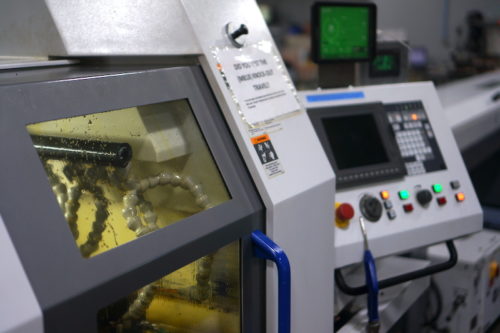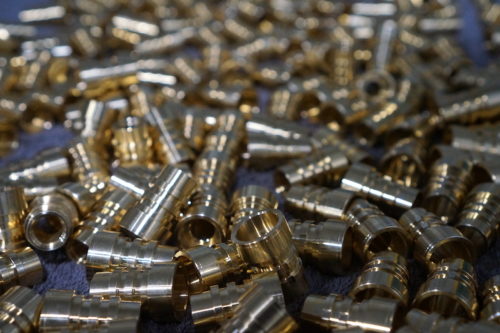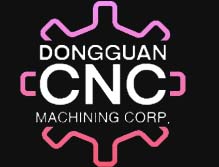What Is Swiss Machining?
History of Swiss Machining

The utilization of a gang tool post and guide bushing provides close proximity of the cutting tool to the material, minimizing part deflection and delivering an increase in precision while holding tight tolerances. As with other machining processes like mills and lathes, Swiss CAM automatic machines have led to CNC Swiss machines for better automation.
Swiss Precision Machining Services
What are the Advantages of Swiss Precision Machining?
Greater Productivity
Current Swiss Screw machines use a computer numerical control (CNC) unit to process parts to meet specifications by following a coded, programmed instruction without a manual operator. With room for 20+ tools and the ability to perform multiple operations simultaneously, complex parts can be completed in one operation on the machine—as opposed to traditional lathes requiring multiple operations. CNC Swiss machining also offers capabilities for secondary processes, such as slotting, milling, cross-drilling, and cross-tapping, eliminating the need for additional machining once the turned parts come off the machine.
Higher Versatility
Swiss machines usually work in diameters of 1 1/4 ” and under, with the majority of work smaller than 3/4 ”, but they also excel at producing parts with lengths much greater than diameter. The ability to produce long, slender parts while reducing deflection, is a key benefit of running those higher length-to-diameter ratio parts on a Swiss machine.
Larger Cost Savings
Swiss machines accommodate smaller workpieces, which enables industry professionals to use smaller bar stock. The lower cost of these materials translates to lower overall production costs without sacrificing product quality. Swiss machines achieve greater precision and accuracy, even in complex and intricate part designs. With good quality bar stock, swiss machines allow for tight tolerances, often eliminating the need for outside grinding service. Additionally, once a machine has been setup, some parts allow for unmanned runtime, leading to an increase in labor efficiency in the shop while cutting down lead times for customers.
Applications of Swiss Machines

- Industrial components
- Medical components
- Components for musical instruments
- Parts for aerospace and defense industries
With the ability to machine many types of metals and hold tight dimensional tolerances, there is little that Swiss machines cannot do when it comes to machining small parts.
What Materials Are Used in Swiss Machining?
Swiss machining can employ a variety of materials depending on the required specifications of the components. These range from common materials like steel to exotic alloys:
- Aluminum
- Brass
- Bronze
- Carbon Steel
- Copper
- Plastics
- Stainless Steel
- Steel
- Tool Steel
- Titanium
- Exotic Alloys
Contact the Swiss Machining Experts at Dongguan CNC Machining Today
Swiss machining is a viable manufacturing method for many industrial applications. Compared to traditional turning processes, it offers greater precision, productivity, versatility, and cost-effectiveness.
If you are looking for a partner for your next Swiss machining project, turn to the experts at Dongguan CNC Machining. Equipped with over two decades of industry experience and a modern machining facility, we have the knowledge, skills, and tools to fulfill any CNC Swiss precision turning need. To learn more about our capabilities, visit our CNC Swiss Turning services page or contact us today. For pricing details, request a quote.



 Email This Post
Email This Post